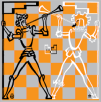The Directors
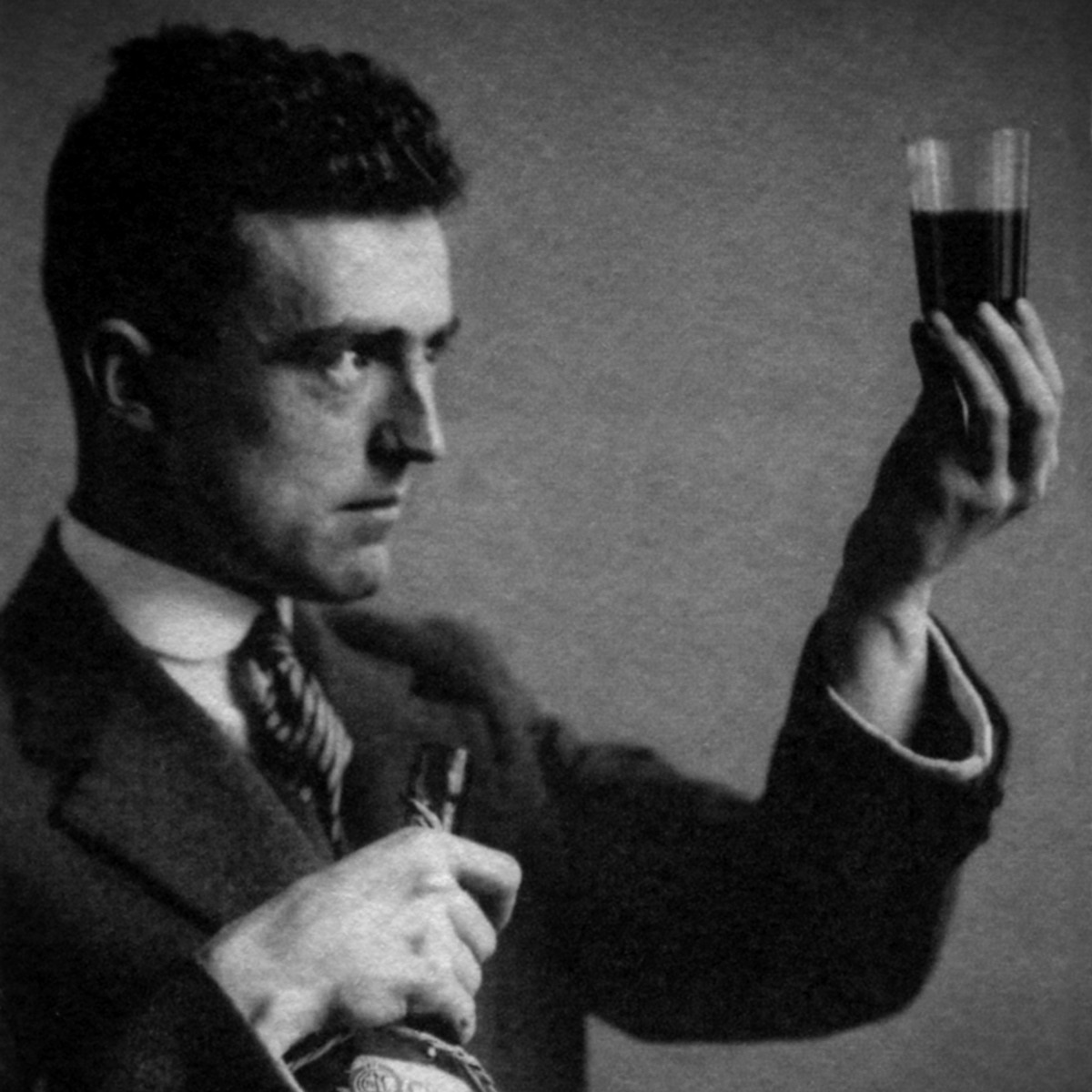
Francesco Pozza (1903-1971)
Born in Marostica, a student with a passion for chess and the theatre, in 1923, Pozza and his friends from the Student Circle created the first Chess Game with human figures in fourteenth-century attire; but he had already directed two successful musical revues. In 1924, he staged a Greek tragedy, with which his career in the theatre ended: at the age of 21, he graduated in Pure Chemistry and Botany in Genoa, married, and became a teacher. His teaching career took him to various cities in the Empire, and he ultimately became an inspector of Italian schools abroad. In 1965, his dedication to the profession earned him the title of Commander of Merit of the Italian Republic.
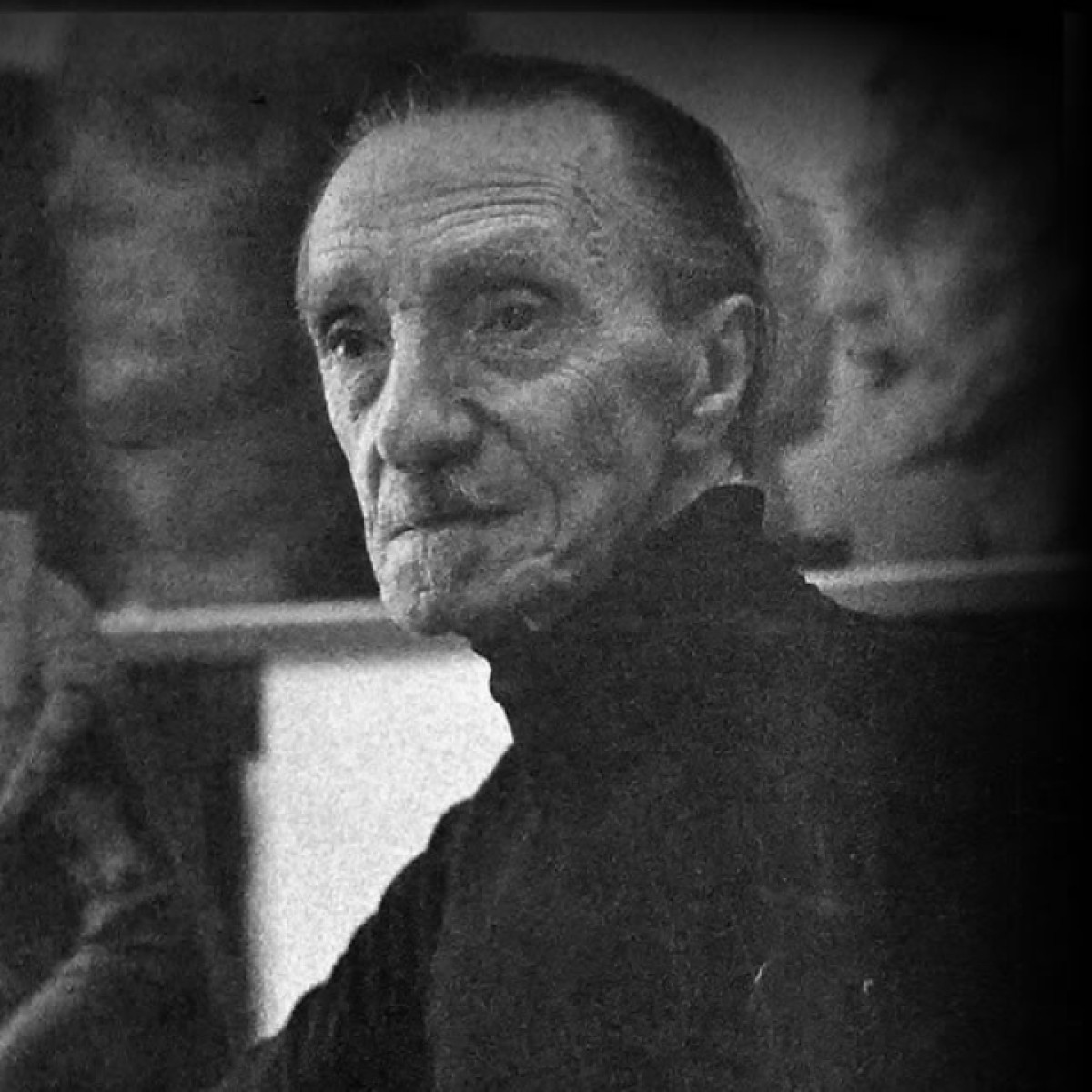
Mirko Vucetich (1898-1975)
orn in Bologna, Vucetich lived and studied architecture in Naples. An eclectic figure, he moved to Rome and joined the Emma Grammatica company as a set designer. In 1929, he emigrated to New York, where he cultivated his talents as a set designer, actor, director, interior designer and sculptor. On his return to Rome in 1932, he began working with the architect Morpurgo on the Via dei Trionfi and Via dell’Impero project, designing many Art Nouveau villas, and successfully exhibiting in Italy and abroad. During the war, he took refuge in Siena, at the Chigiana Music Academy. In 1954, he was called to Vicenza to work on the Chess Game, for which he created the script, the costumes and the set, and which he directed until his death.
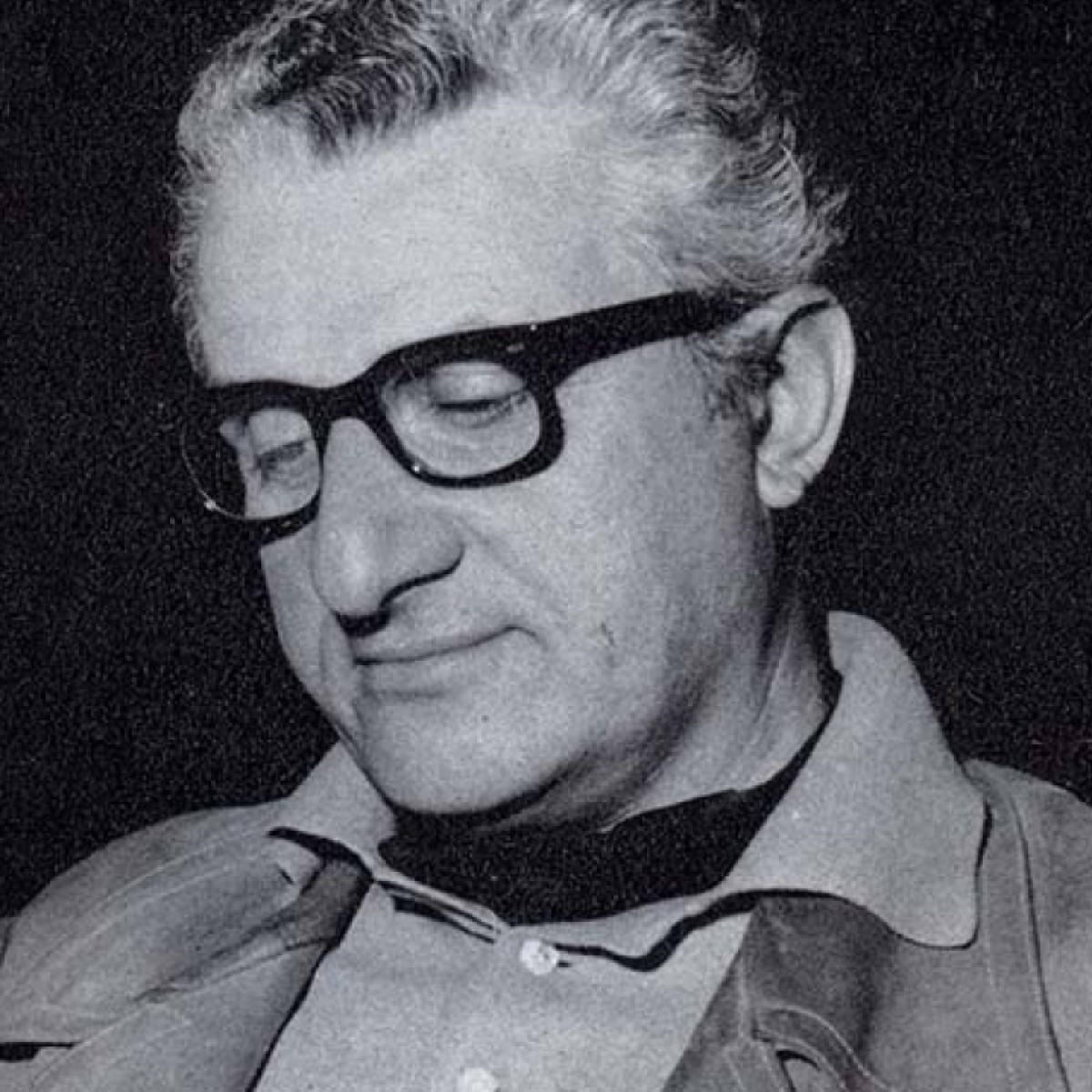
Gianrico Becher (1920-1979)
Becher came from a theatrical family, and made his début as a set designer at La Fenice, in his native Venice, where he subsequently became stage manager and director of numerous opera and theatre performances. He was called on to direct the Chess Game on the occasion of the performance at the Expo 58 in Brussels, replacing Vucetich, who had temporarily been removed from his position following a dispute regarding a delay in presenting the sketches for the new costumes. Drawing on his experience in the world of opera, he took his inspiration from the lavish design of the melodrama, directing a less martial performance and introducing innovative, extravagant solutions, which he also applied and extended in the following edition.
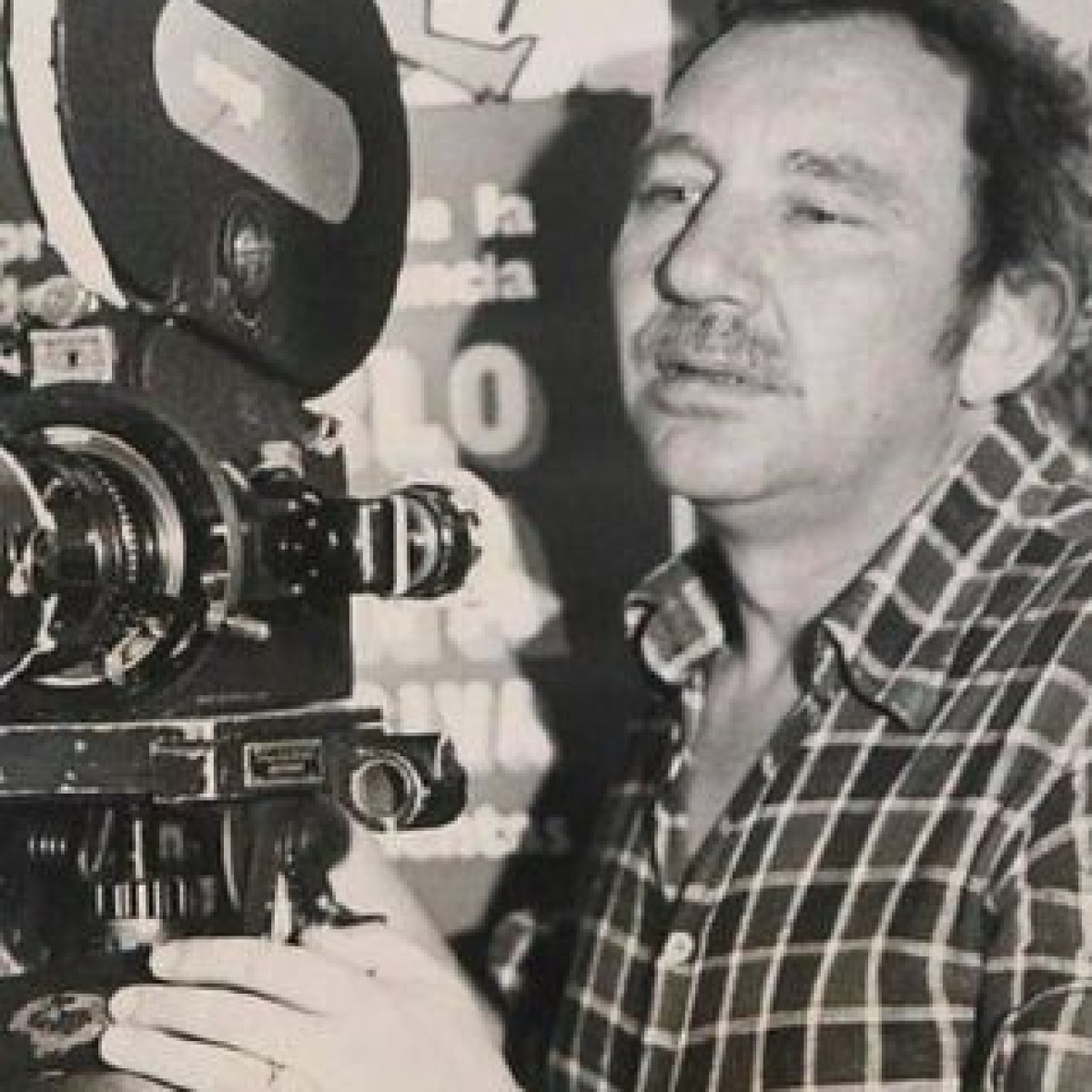
Toni De Gregorio (1931-2006)
Born in Marostica, he studied in Vicenza, but soon afterwards moved to Rome to work in the world of cinema. He joined the National Association of Cinematographic Authors, and directed films, documentaries and successful investigations for the Italian national broadcasting channel RAI, where he also worked as a scriptwriter on a number of original TV shows. He founded the Arteven production company in Venice, now the largest theatre circuit in the region, and in Bassano, he was the director of Ipotesi Cinema, the cinema school of Ermanno Olmi and Paolo Valmarana for the training of young cinematographic authors. De Gregorio had already appeared as a herald in 1955, and became director of the Chess Game in the 1973 edition, introducing special effects and perfecting the stage movements. His were the ideas of the encounter at the market and the fire of the chessboard and the castle.
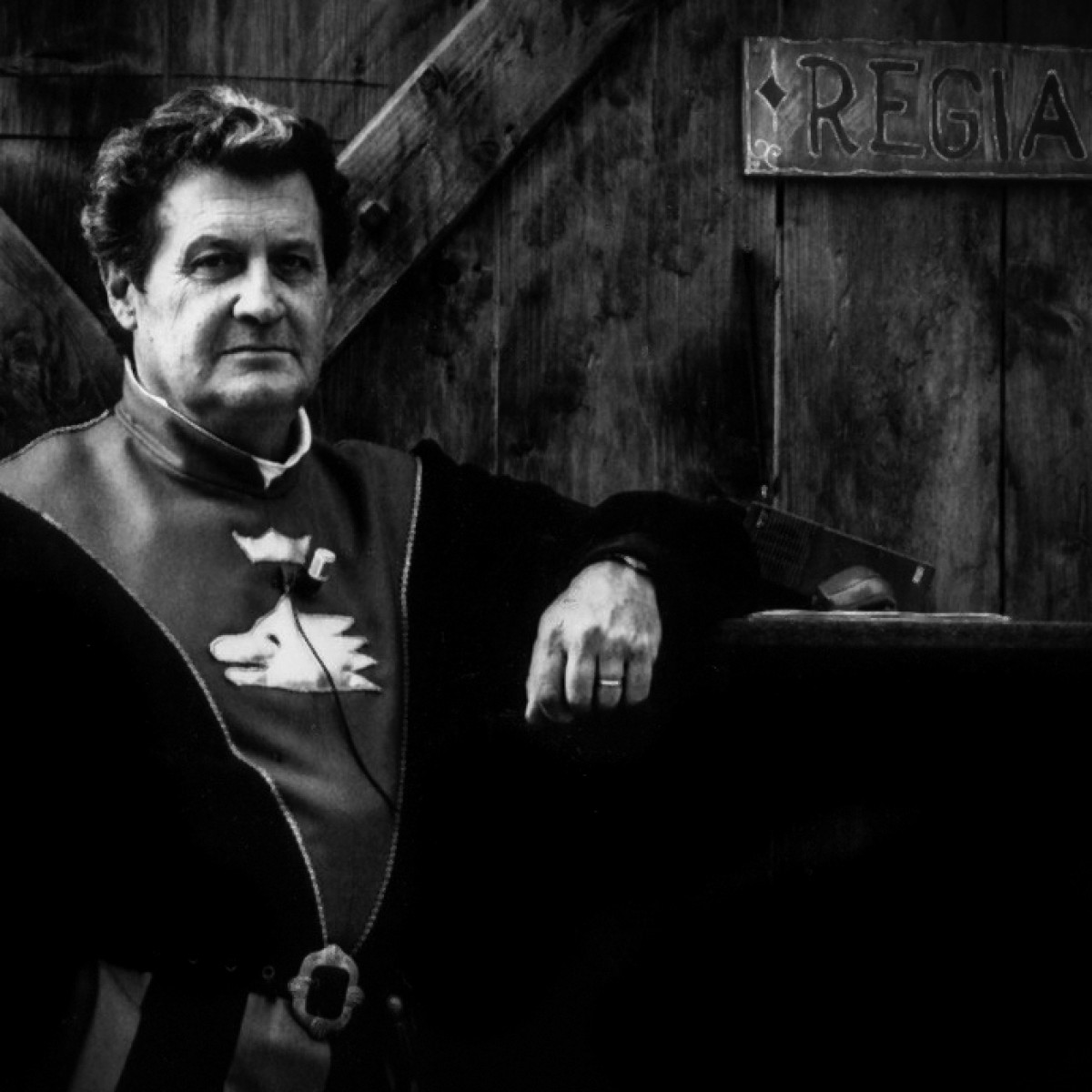
Carlo Maresti (1927-2012)
Of Milanese origin, Maresti began his career in the theatre after the Second World War, when he moved to Rome and joined the Garinei e Giovannini company. He became stage manager of the Sistine Theatre, and then the director in the company’s major productions on tour. He first directed the Chess Game in 1963, when it was performed at Palazzo Sforzesco in Milan, and remained director for over 40 years, opening the performance up to the stylistic features of the commedia musicale and bringing a lively touch of brio to the experience. Like Vucetich, he also fell in love with the town, and settled in Marostica, of which he became an honorary citizen in 2006.
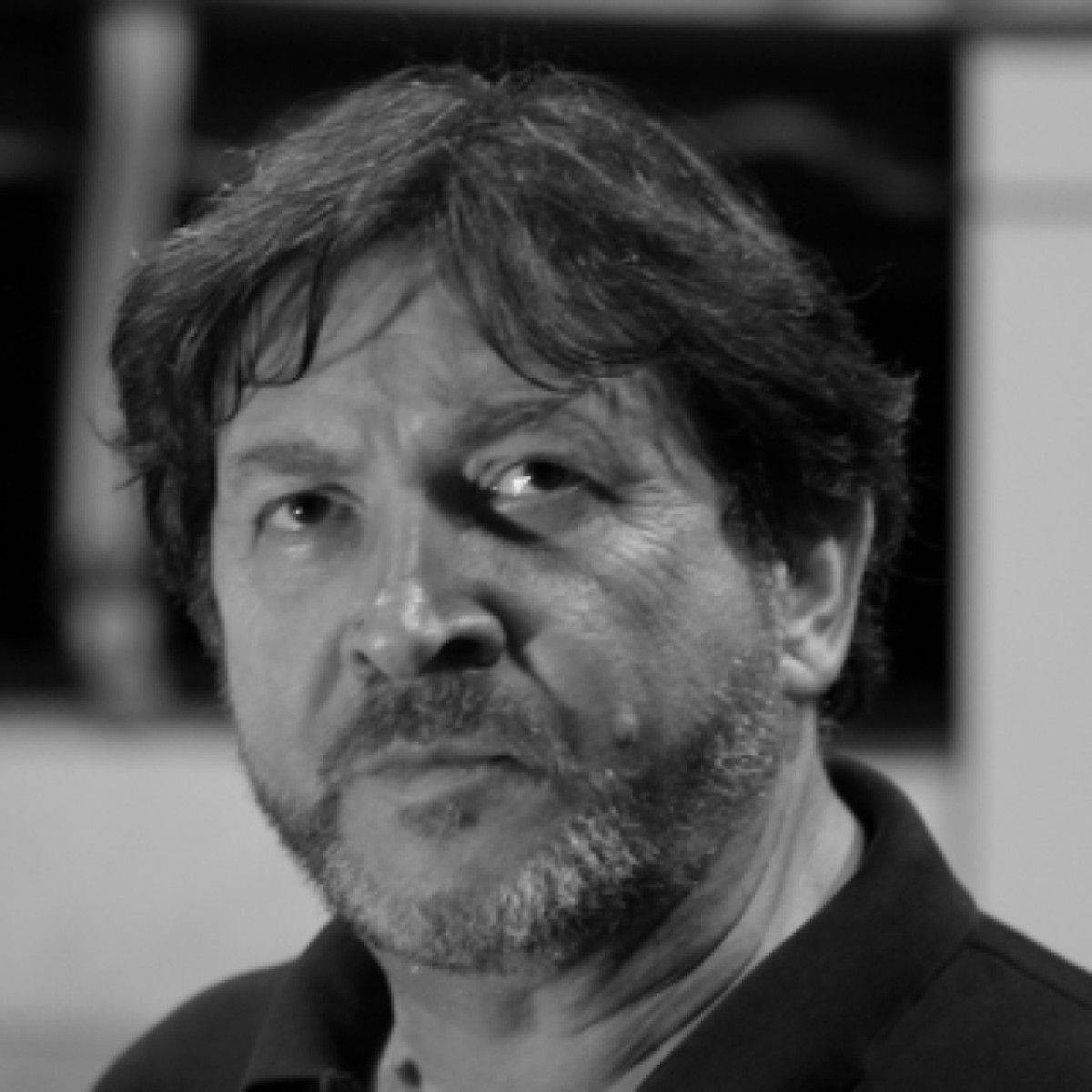
Maurizio Panici (1955)
Native to Amaseno, in the heart of the Ciociaria area in southern Italy, Panici moved to Rome to study architecture, but soon moved into theatre, becoming an actor, director and producer. In 1986, he founded the Argot Theatre, dedicating his efforts to contemporary dramaturgy and obtained a series of highly prestigious awards and accolades in the sector, which earned him the position of artistic director of the Teatro Stabile di Innovazione local public theatre in Orvieto. In 2006, he became assistant director of the Chess Game, alongside Carlo Maresti, whom he replaced in 2012. His contribution to the performance seeks to perfect the theatrical quality and pace of the performance, and to enhance the expressive quality of the sound and lighting.
Under the patronage of

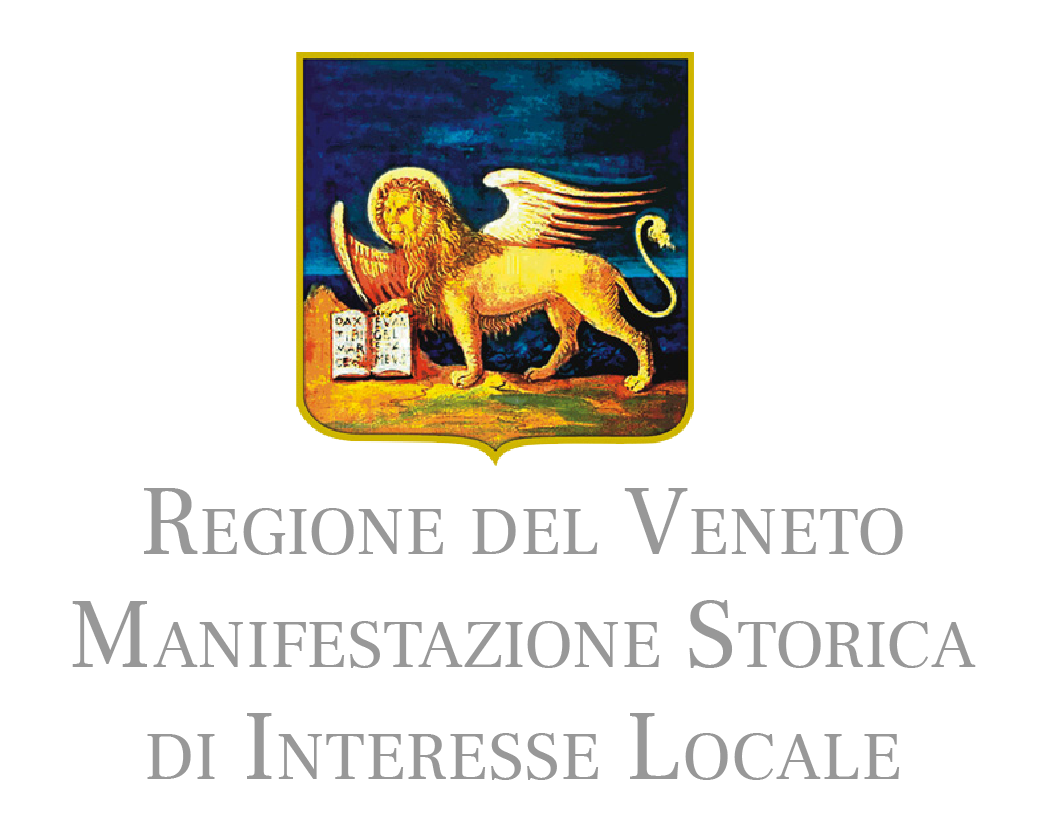

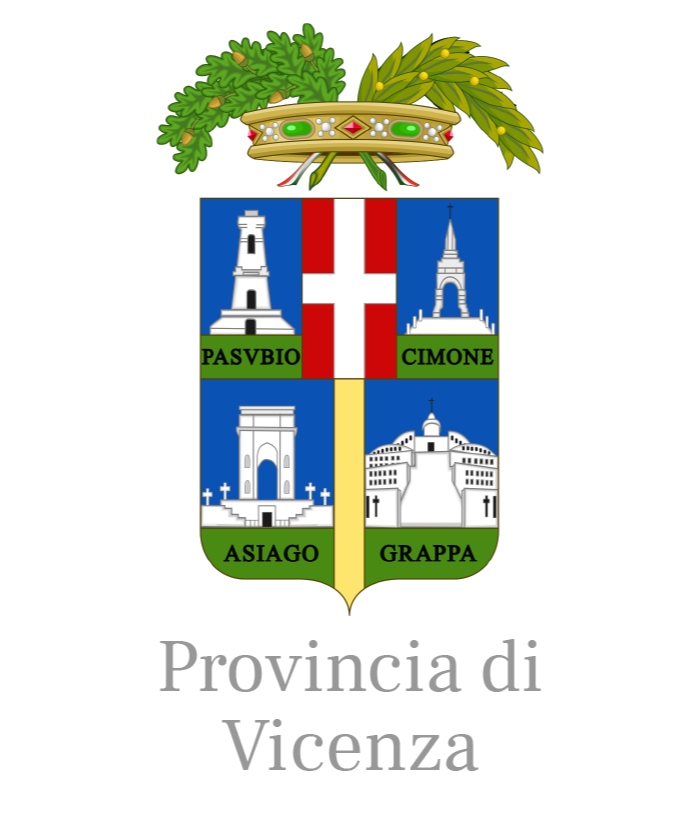
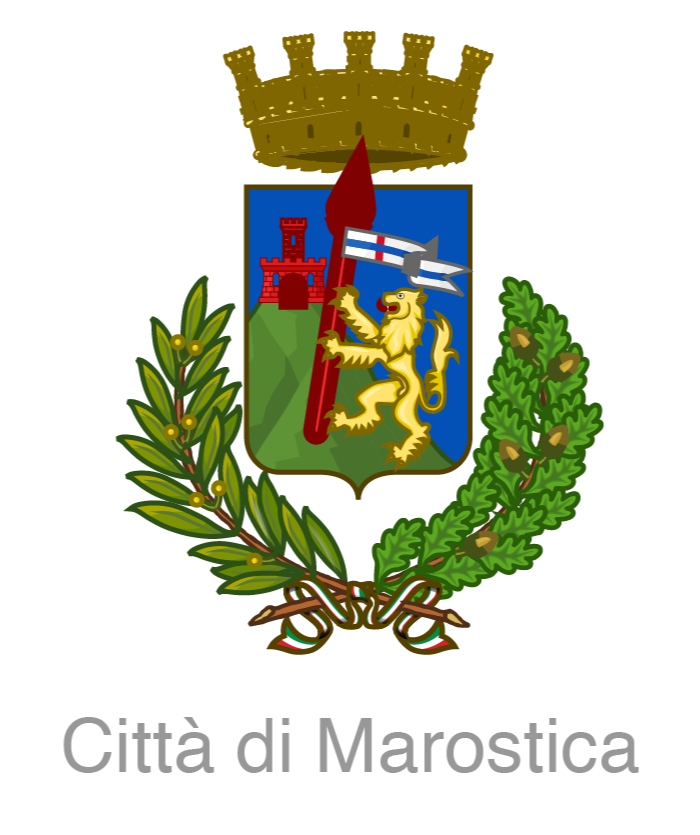
In collaboration with
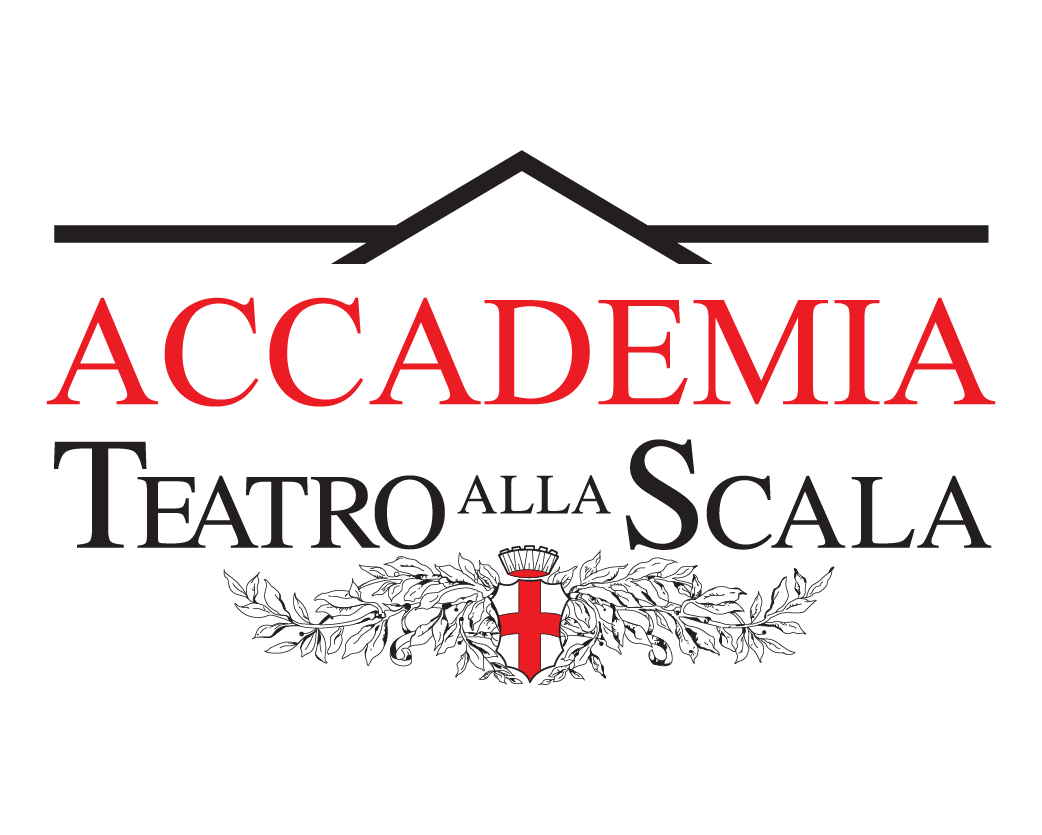
Main sponsor
Official sponsor
Sponsor

Technical sponsor
Media partner

